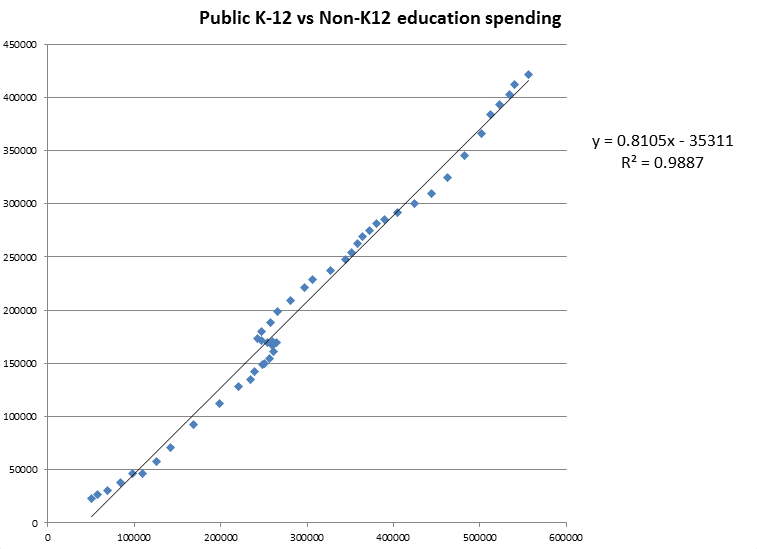I remember the moment that I learned empathy. I suppose not all people are lucky (or unlucky) enough to be able to look back at this moment in time, and honestly I wish it happened to more people than it does. I am lucky enough to have had the chance to apologize to the person in this story, and if you get the opportunity I recommend you also apologize. (This article is inspired by David Truss’s article, Confession from a bully, which I recommend you read.)
When I was in high school, I remember sitting down in math class and while we were waiting for the teacher to start the class, we were chatting. Someone said something about the school newspaper and I said something I regret, "The school newspaper? Nah that paper is junk, none of the articles are interesting." Boy did I put my foot in my mouth because who should be sitting in front of me but the editor of the newspaper. She turned around and looked at me and said, "Really David? Is that really how you feel."
I remember her expression. She was really hurt by my comment. I mean, she was devastated. In fact I wish I could remember more about her than this image because she was one of the people in high school that I always thought was so cool, and not in the "cool crowd" kind of way. All I can remember is this one image, burned into my brain. I remember thinking, "Oh crap, I really hurt her feelings." That was the moment I learned empathy.
Fortunately I got to see her many years later in college and I apologized for my thoughtlessness in high school. She had forgotten it of course, and my apology didn’t seem to help me much. I really wish I could take back my actions, but you know, you can’t.
Part of the point of having empathy is having a little bit of thought about what you say and do, and recognizing that the other people in the world aren’t just cardboard cut-outs that talk. I didn’t really get that until this moment, and I’m not sure why because I feel like learning the lesson of empathy in 12th grade is a bit late. I know from experience now though that some people really never learn empathy so I feel very lucky to have learnt this lesson.
